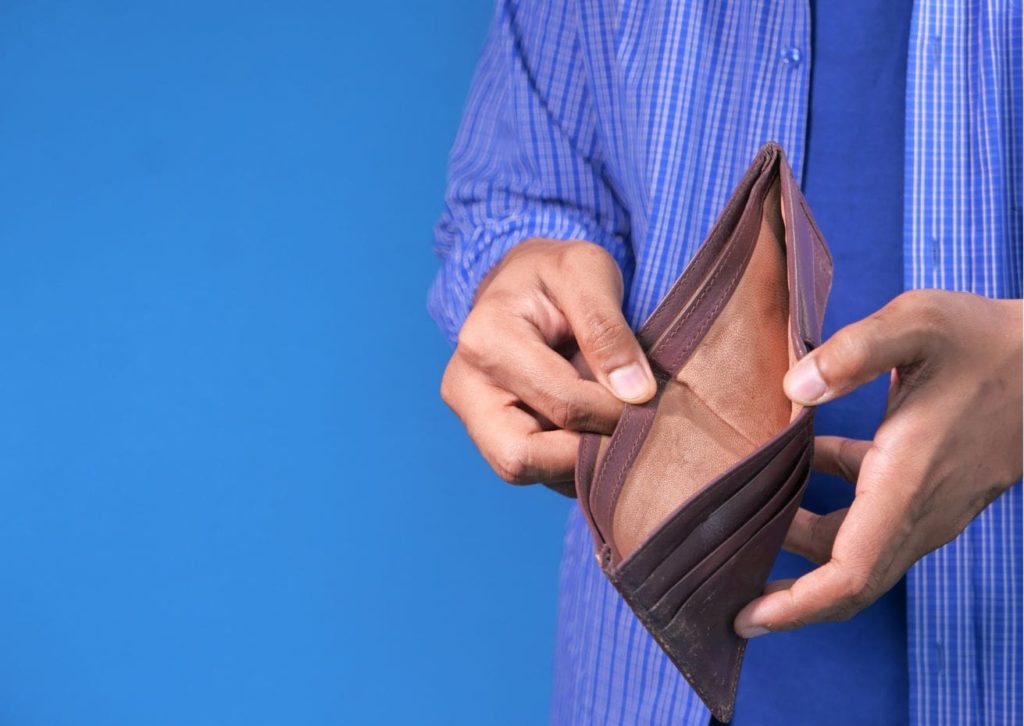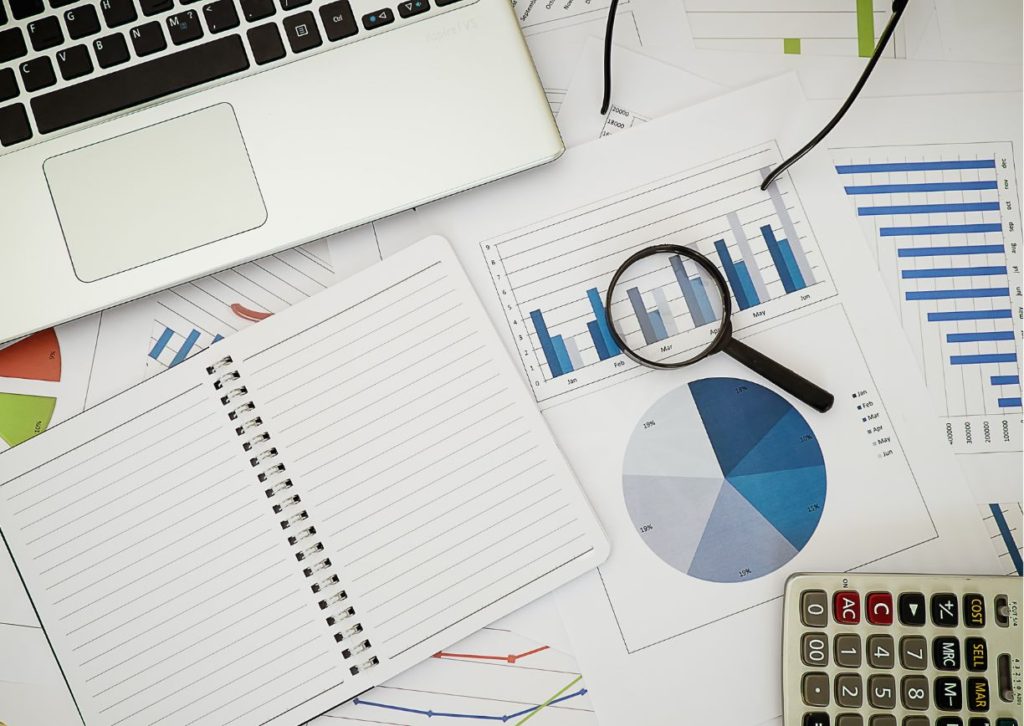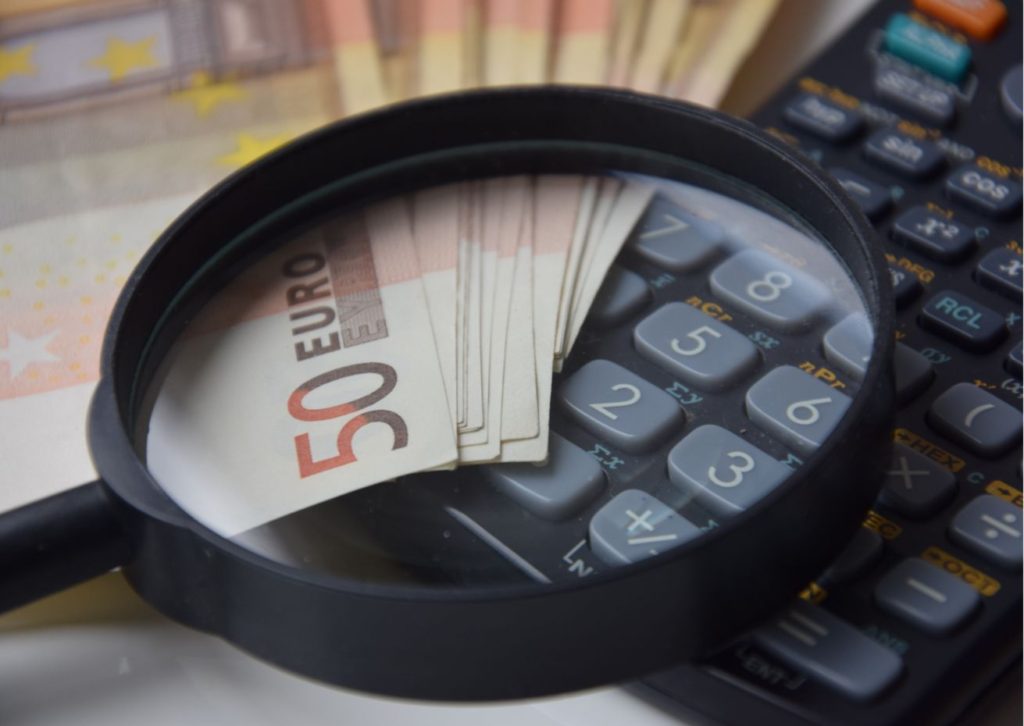There is a cost of living on this earth. As adults, we have the responsibility to pay our monthly bills and regularly buy necessities for our survival like food, clothing, and other supplies. For a lot of us who are corporate slaves who don’t earn as much, we’d have to take on loans to make big purchases like a car, a house, or a possible business venture. Debt becomes a part of our life and if left uncontrolled, it can take over and possibly destroy it.

As more time passes by, our bills seem to be piling up and we get deeper and deeper in debt. We can’t keep track of our expenses and in turn, lose control of our life. There may come a point where the money we earn from work will not be enough to cover the expenses looming on the horizon. We dread the day the bills are due because we have no idea where to get the money to pay them off. Our lives are no longer ours, but it’s controlled by the people and corporations we owe money to. According to this article by The Emotional Effects of Debt by Debt.org, “The emotional strain of dealing with debt can be almost damaging as getting your electricity cut off or having your car repossessed or seeing your credit score plunge to where you’ll never get another loan”.
If we want to get ourselves out of a financial mess, we have to start acting now. Break the pattern of wrong behavior towards money by first trying to understand your financial situation and then building habits that will lead you to a more stable place. You have to be fully aware of your problems first and then create a plan that you intend to stick to moving forward.
The best way to make a change in your life is by making habits. Simple habits that you do every day accumulate or build up, rewarding you in the long run.
6 Simple Financial Habits to Take Control of Your Life
1. Track your expenses

You cannot control something you can’t understand. You cannot understand something you can’t see. If you want to start understanding where the problem is in your finances, you have to look at your own behavior when it comes to money. Where does your money go once you receive your salary or pay for the month? What are the specific bills you pay, and expenses you incur on a regular basis? Where are the red flags and can you cut them out or reduce your spending on them?
Make a habit of keeping track of your expenses daily no matter how big or small they are. You have to log everything down in as much details as possible. Yes, this sounds like tedious work but it is necessary. Observe the pattern in your own spending behavior so that you can understand if you’re already overspending and where exactly you’re overspending.
You can write your expenses down in a notebook or on a spreadsheet on your computer. I personally use a money manager app on my phone where I can input all of my daily expenses. I keep note of all of my financial transactions from paying bills to transferring money to my other accounts, to giving a tip to the waiter in a restaurant for excellent service. The app converts all of the data I’ve inputted into bar and pie charts which I could use to analyze my financial behavior for the month. Choose whichever platform is easiest or most convenient to you: may it be on a notebook, spreadsheet, or app on your phone. The important thing is consistency and forming a habit of tracking your expenses so you have the data you need to take control of your finances.
2. Create a financial or budget plan at least a week before your get your salary
If you get your salary without knowing where it will go, it will disappear in a snap of a finger. This has happened to me for months when I first started working. I’d get my salary and not even 3 days later, it will all be gone. I blew it on stuff I couldn’t even remember which left me penniless for a couple of weeks before I got my salary again.

Create a detailed financial or budget plan before you even lay hands on your money so that you’ll be aware of where your money will go. Think about how you will be covered financially for the entirety of the month. Know exactly how much money you’re supposed to allocate on your bills, expenses, savings, and other needs. The amount that you’ll have left is all for you to enjoy!

Write down your monthly salary and then, itemize your bills and regular expenses. Map your salary to your expected expenses so that you can reserve them already. Focus on your fixed monthly bills or obligations first and then set a budget for your household and personal expenses. How much is your monthly limit when it comes to spending on needs like transportation, food, laundry, grocery etc? Be as reasonable as possible considering how much money you have and the needs that should be fulfilled.
Once you have your budget or financial plan for the month, stick to it. Constantly monitor your expenses and check if your spending is already nearing your limit for the month. Learn to say no and practice discipline for the things that you don’t really need. There’s always the next month to try and see if you can fit those things into your budget.
3. Treat savings as an expense

Set your savings to be in your financial plan. Once you get your salary, put your savings away immediately. Your savings shouldn’t be something that you dip into at the end of every month just because you’ve run out of money to get through until your next salary. Your savings are there so you could prepare for the future. So imagine your savings as an expense. Imagine that the money you set aside for savings disappears. You no longer have access to it like what happens with our expenses.
One tip to help you do this is to open a passbook account dedicated to your savings. With a passbook, it would be harder for you to touch your savings after you’ve deposited them. If ever you have those impulses to touch your savings, it would be too much of a hassle to withdraw from your passbook because of all of the requirements.
4. Ask yourself if the items you’re buying are really worth it

Avoid impulse shopping or buying impractical things you don’t need. Take your time to decide. Before you make a major purchase, contemplate if you will really use it. Will this item return the money that you spent for it over time, if not more? Will you be able to use up the value of your money? You could also think of it this way: was the number of office hours you worked for worth the price of the item you’re trying to buy? All material things have value and we have to weigh if the price we pay is truly worth it.
5. Live within your means or Increase your income

Don’t pretend to be someone you’re not. If you don’t earn that much money, don’t go buying things you can’t afford just to impress other people. Learn to be happy with what you got and appreciate what you can afford. If you want to rise above in the world financially or have a better lifestyle, you have to think of ways how to earn more money. You can start looking for a higher-paying job, start a business or a side hustle, or make investments in stocks, foreign exchange, etc. Look into the future and see what you can do to live more comfortably without worrying anymore if your money will be enough.
6. Research and learn more about managing your personal finances
There’s a lot to understand about money and the world of finance. We have to understand that there is a correct way of handling our money so that we will get to be financially free. Build a habit of continuous learning and looking for more and more resources that will teach you how to properly manage your finances.

One online tool that I am always going back to for financial know-how is a website named Debt Consolidation. It provides information, tools, and solutions needed to “get out, and stay out of debt”. I’m sure that’s what everybody wants, right? A debt-free happy life? I highly encourage you to explore their page because there are bountiful resources you can tap into! If you wanna check out their website, click here.
We all want to break free of debt and the constant fear of not being able to survive before the next paycheck. This is possible and you can do so by first understanding your financial situation, creating a plan, and having the discipline to follow through with it leading to a life you’re more in control of.

Changing your financial habits is a tough decision that takes a lot of patience and discipline. But we have to do trust that we can do it. Let’s live better lives and know that money doesn’t control our lives. Money is the tool that we control to not only survive this world but also achieve our goals. What are you waiting for? Start these healthier financial habits today!
A lot of the tips I’ve shared on this blog post are lessons I’ve learned from talking to financial enthusiasts on my podcast. Special thanks to Ralph Reyes and Cindy Silva. Months after having my interviews with them, I’m still trying to learn about my own financial patterns and practicing healthier habits when it comes to managing money. It’s a process, but I’m already noticing improvements and that’s definitely something to be proud of. We can do this guys!
Want more blogs like this?
Subscribe to the blog to get early updates on latest posts!
Love this blog? Pin it!

Share this blog and tag your friends!

I definitely have to apply these habits more, especially treating savings as an expense. I want to start saving more for retirement.
Tracking expenses will make a huge impact in your lifestyle. This should be done by everyone.
Dream to have financial freedom when I reach 50’s. these tips you shared can surely help. Thanks!
These are all great financial habits to form especially in our early 20s. I always have to reflect on my spending and ask myself if they are worth it
We are about a year away from being debt free and it is the most incredible feeling. Debt can spiral out of control so quickly!
Living within your means is actually easy but it is quite tough for many, especially if you are surrounded by many temptations. Discipline is very important.
After leaving college debt is such a scary thing to think about. But this post really helped put my mind a little at ease
I’ve been tracking expenses since I became an adult. I used Quicken software for years, then Mint and now Quicken again. I never considered treating savings as an expense mostly because it comes out of my check and into 401k/403b so sight unseen. I don’t save outside of that as anything that doesn’t go to retirement, gets spent on life, trips, and vices. We are terrible general savers.
All of these are fantastic savings tips and I practice a few of them already! Thanks for sharing this 🙂 this type of post is always helpful.
All of these are fantastic savings tips and I practice a few of them already! Thanks for sharing this 🙂 this type of post is always helpful.